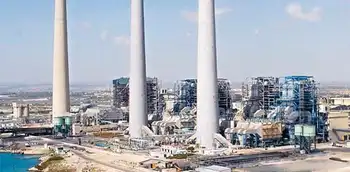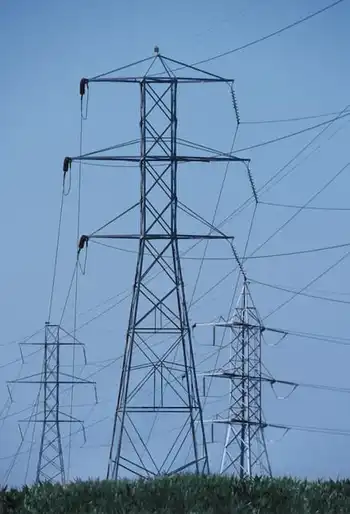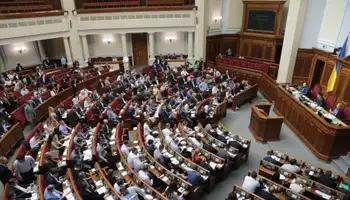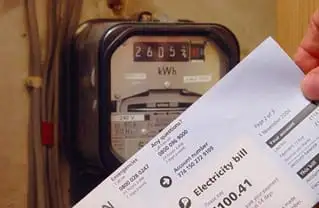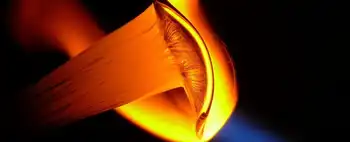Oak Bay nears electric-car nirvana
By Times Colonist
NFPA 70e Training - Arc Flash
Our customized live online or in‑person group training can be delivered to your staff at your location.

- Live Online
- 6 hours Instructor-led
- Group Training Available
The municipality is drafting a bylaw that would allow electric cars on its public streets, making it possibly the first municipality in B.C. to take advantage of new provincial legislation that expands where the innovative vehicles can be driven.
"I don't think we'll see any speed differences in Oak Bay just because we have slower-moving vehicles like electric cars," Coun. Nils Jensen said of the impact on traffic movement in the notoriously slower-moving community.
The vehicles run on electricity stored in batteries, so high gas prices are irrelevant. Although they're allowed in many U.S. states, they've had a slower introduction in Canada, largely due to regulations and slow-moving legislation at the federal and provincial levels.
The zero-emission vehicles were initially classified as slow-moving vehicles, like tractors.
They could only be driven on roads with a posted speed limit up to 50 km/h if they were adorned with a large orange triangular sign, an overhead amber light and continuous four-way flashers.
But earlier this month, the provincial government changed the Motor Vehicle Act regulations to allow the vehicles on roads with a maximum posted speed of 50 km/h without those restrictions - as long as the municipality agrees.
It seemed a natural fit with Oak Bay, said Mayor Christopher Causton, where speed limits don't exceed 50 km/h and most are 30 or 40 km/h.
He's a big fan of the electric car. Causton was recently near the front of the Oak Bay Tea Party parade riding in a six-seater Chrysler GEM. (Other manufacturers include Delta's Dynasty Electric Car Corp. and the Canadian-based ZENN Motor Co.). The silent cars have no internal combustion engine and no tailpipe exhaust - something particularly appreciated by the floats and band behind Causton.
He was almost mobbed by people at the end of the parade, curious about the modern-looking little vehicle.
The irony was that the vehicle from a White Rock dealership got to the parade by horse trailer.
It couldn't legally be driven from White Rock to the ferry, or the ferry into the capital region.
That could prove a challenge too for Oak Bay drivers who want to go further afield than their municipality. If the bylaw passes - and so far, it appears to have the support of all on council - the little cars could only go to the Oak Bay border.
However, the possible Oak Bay bylaw could be the start of regionwide change, Causton said.
The ministry of transportation has received inquiries from several other municipalities, although none are as close to the bylaw stage as Oak Bay is.
"I see the electric vehicle as being the future of car transportation," said Esquimalt Coun. Jane Sterk, who is also the leader of the B.C. Green Party.
The federal government has restricted the speed of the vehicles, something Sterk says is "insulting" in how it limits the vehicle's use. "Some politicians don't get the seriousness of climate change. If they did, things like electric cars would be front and centre," Sterk said.
Victoria MP Denise Savoie too is a fan, and says the federal government should be helping the vehicles become part of the transportation mix, rather than "offloading it to the province who then leave it largely to the municipalities.
"That's buck-passing and it can become ridiculous if you consider a region like ours with 13 municipal fiefdoms."
She's written to the federal transportation minister to encourage changes to federal regulations that would encourage use of the electric vehicle.
Meanwhile, Oak Bay's draft bylaw is to be back before council July 21.





